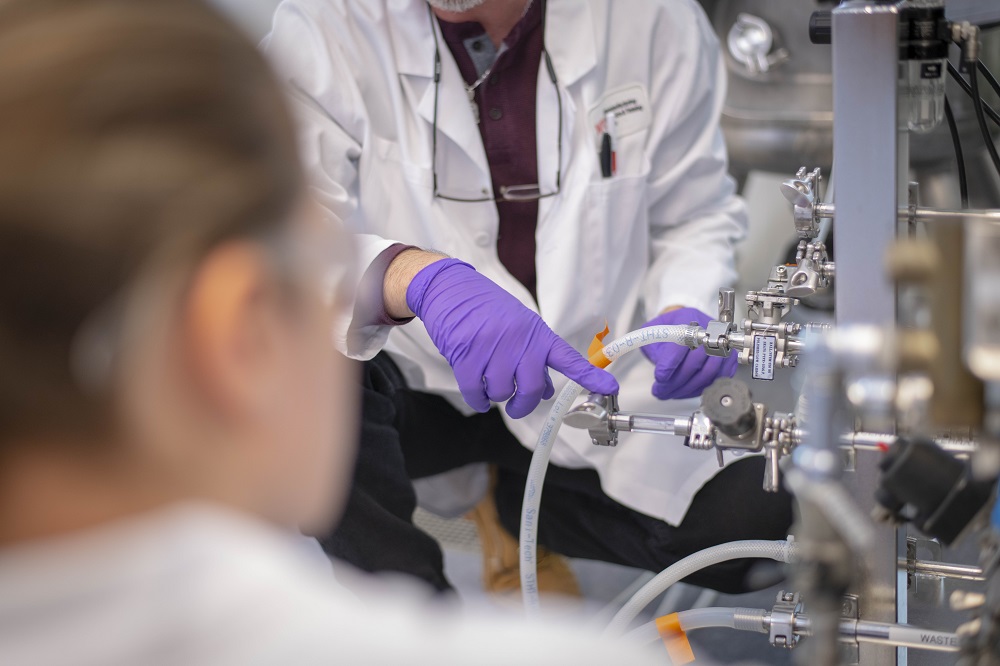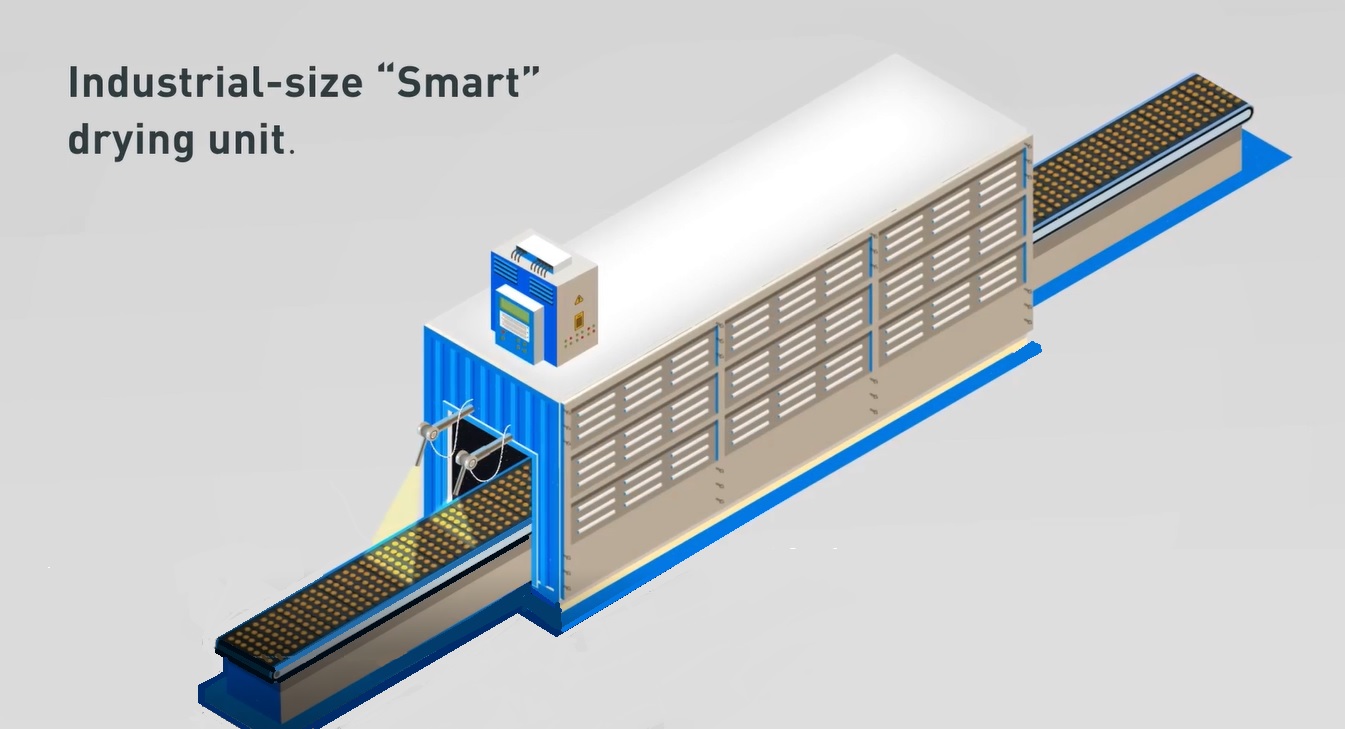WORCESTER, Mass. – With hundreds of biomanufacturing jobs now unfilled in Massachusetts because of the lack of qualified personnel, Worcester Polytechnic Institute’s Corporate and Professional Education division is launching a new training program to help fill the gap. Called "The Fundamentals of Biomanufacturing," the program was developed by a team of experts from WPI, Abbott Laboratories, Bristol-Myers Squibb, Shire Human Genetic Therapies, and other life sciences companies to give displaced workers the knowledge and hands-on experience they need to make the transition into biomanufacturing.
The first session of the eight-week evening certificate program begins April 27. Enrollment is open to all, however, preference will be given to Massachusetts workers who have recently lost their jobs. Those displaced workers may be eligible for tuition support through the state’s Individual Training Account program.
"This new program is an excellent example of how academia, industry and the commonwealth can work together for the benefit of all," said Stephen P. Flavin, associate provost and dean of Corporate and Professional Education at WPI. "Working closely with industry to provide the workforce development programs needed to retain and recruit employees is part of WPI’s historic mission. This new program is a classic win-win. It helps people obtain new skills and it helps the life sciences industry to continue growing in central New England."
The program will be run at WPI’s Life Sciences and Bioengineering Center at Gateway Park in Worcester. Alex DiIorio, associate professor of biology and biotechnology at WPI and director of the Bioprocess Center at Gateway, will lead the program, supported by a team of instructors from the companies who helped develop the curriculum. Classes are scheduled for Monday, Tuesday, and Thursdays from 5 to 9 p.m.
Unlike traditional pharmaceutical manufacturing, which involves synthesizing and combining chemicals, biopharmaceuticals are produced in living cells and then isolated and purified to treat disease. In the new program, students will learn—and work on—all the processes involved in full-scale biomanufacturing, including elements of fermentation operations, media preparation, centrifugation, buffer preparation, purification, and aseptic processing in a biosafety cabinet, among other processes. They will learn the rigors of working under the "current Good Manufacturing Practices" (cGMP) set by the U.S. Food and Drug Administration to regulate manufacturing of human therapeutics.
"This first session will be limited to 20 students," Flavin said. "However, given the needs of the industry, we hope to expand the program so more people can take advantage of the job opportunities that are available today in biomanufacturing."
Anyone interested in registering for the program should call WPI Corporate and Professional Education at 508-831-5517 or visit www.cpe.wpi.edu.


